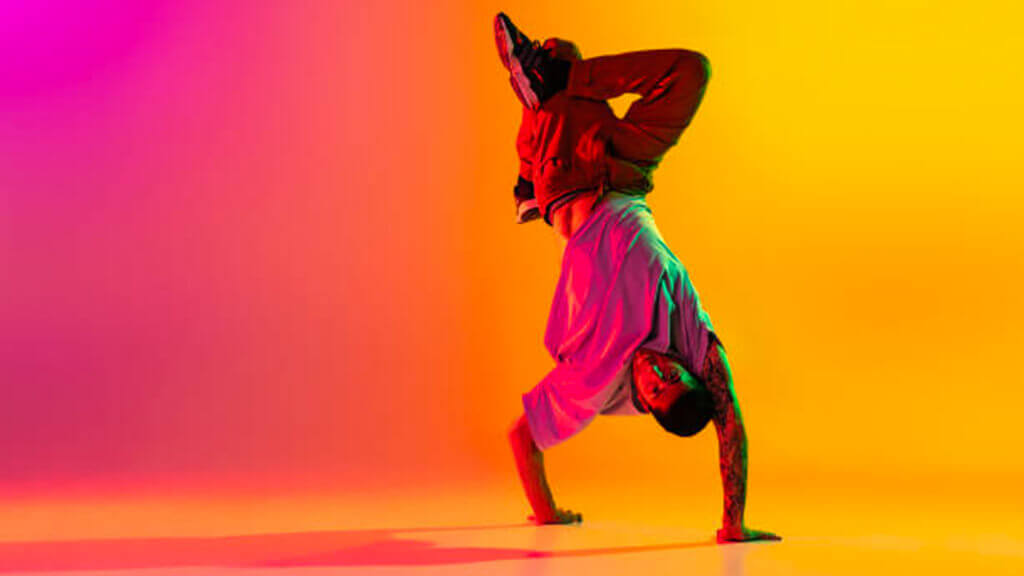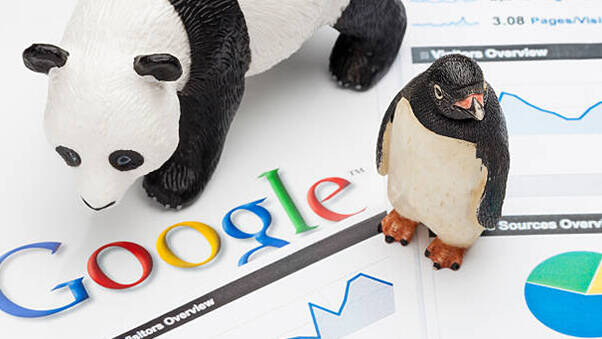What distinguishes an influencer from a brand ambassador, and what are the key differences between Influencers and Brand Ambassadors when it comes to using them for your marketing purposes? You undoubtedly know an influencer. The term is used frequently on social media by news outlets and bloggers to characterise powerful social media users with a huge following and viewership.
But do you know the difference between an influencer and a brand ambassador? To understand the distinction between the two, let us first define a social media influencer.
An influencer promotes a brand’s products and services doing social media marketing; a person who has amassed a large social media following and is regarded as a leader and inspiration in their field. Initially, an influencer was a “star” who got renowned on social media after being famous “in real life”. Today, anybody can become an influencer and develop a following.

Start Engaging With Influencers & Online Celebrities
Brand ambassadors and Influencers - What is a shaper?
The quantity of followers an influencer has isn’t crucial. This may seem like a controversial statement for those marketing managers hiring them for the first time. Actually, target audience, engagement, quality of engagement and ongoing collaborative support for your brand are way more important, and this is what Gemini PR does for you.
Instead of quantity, it’s about their fans, who they are, and how involved they are, because firms want influencers that have a certain target demographic so their brand reaches the proper individuals – their target market.
The influencer usually focuses on a certain sector or business, such as apparel, fashion, beauty, training, etc. Having a niche-specific influencer adds value to companies wanting to reach consumers in that area. It is an influencer’s responsibility to represent and sell a product or service to their followers via their various platforms. Instagram, Youtube and TikTok are the most popular, although Facebook, Twitter, and blogs are also used.
Influencers vs. Brand Ambassadors – specifics (What is the difference?)
A typical campaign generally consists of one or two social media postings, maybe accompanied by a blog article. Usually, and for maximum effect, posts across many channels revolve around the same product.
“a brand ambassador is a…”
Like an influencer, a brand ambassador might have 5,000 or 50,000,000 Instagram followers. During a campaign, they are expected to represent, promote, and sell a product or service utilising their personal relationships with their followers. However, the two titles differ in their level of involvement with the brand.
Unlike an influencer, who may just post once or twice during a campaign and then never work with the business again, a brand ambassador supports the brand over a long time period (“contract phase”, or ambassadorship). It is also usual for an ambassador to solely represent one company. So, an ambassadorship can span years and cover most campaigns. In most circumstances, the brand ambassador is hired to do more than merely promote a specific product; an influencer represents a firm during a campaign, whereas an ambassador represents the same company for a long time.
Brand Ambassadors are influencers; brands recruit them as ambassadors exclusively for long-term ties. Conversely, influencers are typically utilised for short-term initiatives. It’s interesting to observe how influencers vary by industry. For example, it is more customary for beauty firms to collaborate with influencers, but casino brands seek long-term ambassadors to promote the gaming experience desired by millennials.
The role of a brand ambassador vs an influencer
Now that you know how the phrases differ, let’s look at the advantages of both titles.
In most circumstances, an influencer is utilised to introduce a new product or service, and companies often use many influencers to reach as many prospective consumers as possible. This strategy is similar to a typical TV or print advertising campaign when corporations strive to promote their current product.
This sort of marketing has recently become highly popular, although it has certain limits. An influencer might work with many businesses at the same time, making it difficult for brands to create relationships with their following. In certain circumstances, it might even erode the influencer’s credibility with followers who suspect the suggestions aren’t real. Onto the following point.
Companies use influencers as brand ambassadors to enhance their brand. Working with an influencer for several months allows a firm to develop a personal relationship with its target audience, increasing brand awareness. Also, via long-term branding with an ambassador, the firm gains exposure to that person. A long time ago, conventional media exploited huge influencers and superstars to great effect. By doing so, the company is able to form deep bonds with the influencer/ brand ambassador.
Before social media, perfume firms used brand-building marketing to establish their brands. To build a brand, these companies often utilise the same celebrity in many advertising programs. As a result, their product is forever linked to the celebrity, potentially affecting sales to celebrity admirers.
As a firm, you should not pick between utilising influencers or ambassadors. In fact, combining the two is the ideal method to maximise marketing results, although this does of course bear the highest cost. This is when you may achieve the finest outcomes, though, and will suit large corporates most closely.
For example, you can have one or two brand ambassadors for several years and then add influencers to assist advertise new items. This is all part of having a more diverse, complex and holistic channel mix.
Influencers and brand ambassadors work with businesses in very similar ways, but there are some crucial differences. Also, keep in mind that influencers might be brand ambassadors. Both sorts may benefit the organisation, but in different ways. Generally, an influencer promotes a campaign, but an ambassador promotes a company and its goods over time. This strategy is great for developing a brand.
Better PR Is Ready For You. Are You?
You might be also interested in this ...
January 23, 2023
How Does Press Release Help Improve Your Google Ranking?
July 19, 2022
Top 20 Newspapers in Thailand
July 19, 2022


